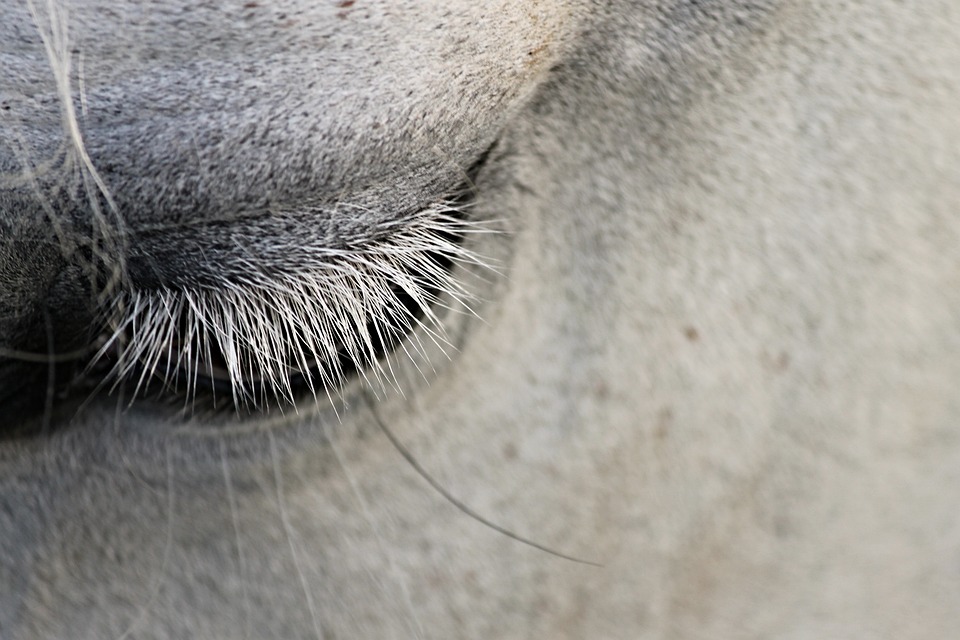To meditate regularly on the impurity of the body and impermanence can be very helpful. At the least these practices are effective in preventing desperate measures being taken in times of distress, as even Buddhists who are not trained in meditation practice may likely hurt themselves when in despair; burning incense and making offering to the deities alone won’t help very much in this kind of situation. In fact, there are some who know the importance of doing meditation practice but just cannot muster sufficient resolve to go ahead. It is a sign that their overall effort in Dharma practice is still somewhat lacking.
~ Depicted from "THE HANDBOOK FOR LIFE"S JOURNEY : On The Three Poisons - How to Handle Desire"











